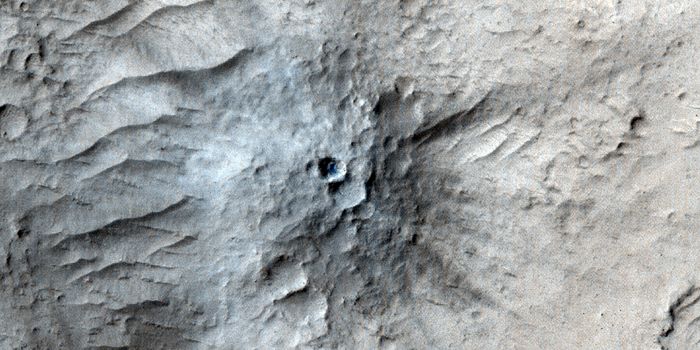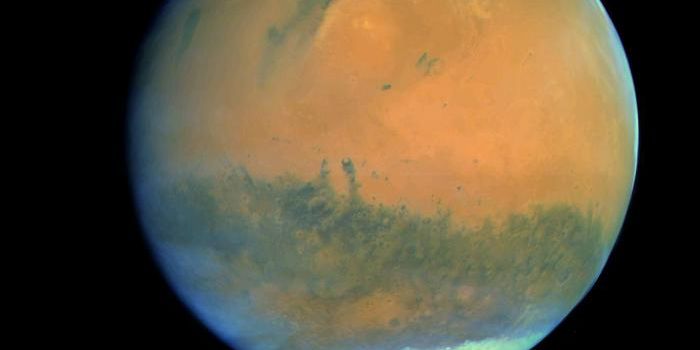2021's Nobel Prize in Physics Recognizes Foundational Work in Climate Science
The 2021 lineup for one of the world’s most prestigious awards has been announced, and the medal for physics has been jointly awarded to three researchers, in large part for climate work. Specifically, the Nobel Prize in Physics 2021, administered by the Royal Swedish Academy of Sciences, has been awarded jointly and in two parts. The first was given to Syukuro Manabe of Princeton University and Klaus Hasselmann of Germany’s Max Planck Institute for Meteorology for their work in “the physical modelling of Earth’s climate, quantifying variability and reliably predicting global warming.” The second half was given to Giorgio Parisi of Italy’s Sapienza University of Rome for his “discovery of the interplay of disorder and fluctuations in physical systems from atomic to planetary scales.”
While the half awarded to Parisi has tangential relation to climate because the work recognized dealt with disorderly physical systems – a criterion which could include planetary climate – the half awarded to Manabe and Hasselmann directly and explicitly involves climate change and climate research. The Nobel Society’s press release goes on to discuss the award by noting that “Syukuro Manabe and Klaus Hasselmann laid the foundation of our knowledge of the Earth’s climate and how humanity influences it.”
Manabe’s work has been vitally important to the field of climate modeling since the 1960s. It has included a demonstration of the relationship between carbon dioxide and increased temperatures as well as leading development on climate models of the Earth in general. Hasselmann’s contributions deal primarily with linking weather and climate together in physical models, which has also helped cement the connection between temperature and human-caused emissions. Parisi’s research has dealt with “disorderd complex materials,” and has commented on climate action saying, “I think it is very urgent that we take real and very strong decisions and we move at a very strong pace.”
These scientists have been recognized for their notable achievements in physics research, and it should be no surprise that climate science is a salient topic of such scientific endeavors. They have helped form the basis by which we understand our physical world and continue to make predictions about its future. Thanks to their research, along with that of many others, we have a concrete understanding of much of our planet’s climate and systems. The Society’s release correspondingly concludes, “the discoveries being recognised this year demonstrate that our knowledge about the climate rests on a solid scientific foundation, based on a rigorous analysis of observations”
With such sound science, we can be confident that heeding the warnings of current climate science is a sound decision. Today's climate models paint a bleak picture for the future if emissions are not limited, so this recognition of past contributions should also be a notice to act with respect to such models. Science can inform our decisions, but it will never make them one way or another. That, as always, is up to us.
Source: NobelPrize.org; Reuters









